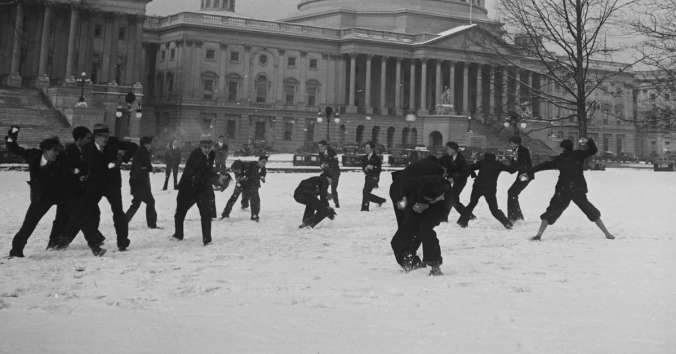What exactly is fact resistance? It is often defined as a tendency not to be influenced by facts that contradict our own beliefs. Or as a tendency to hold beliefs even though there is no evidence for them. To make fact resistance more humanly comprehensible, I would like to draw attention to a common way of expressing questions, which may remind us of how often we resist reality.
Have you noticed that many why-questions do not express any sincere wonder? We ask the questions to express our dissatisfaction with reality. Why does it always have to rain on Midsummer’s Eve? Why do I always have to choose the queue that takes the longest? Already in the question, reality is blamed. Already in the question, we resist reality. There must be something fundamentally wrong with the Swedish weather! I have to be an idiot who always chooses the wrong queue!
Fact resistance is probably a deeper human tendency than just a lack of criticism of one’s sources. It is an aspect of our human dissatisfaction with existence. Our why-questions rebel against the universe itself, if I may express myself dramatically. When we ask these questions, we do not expect any clear and reassuring answers, but rather answers that confirm the madness of the world. If I remember correctly, the pessimist Arthur Schopenhauer, who only saw misery everywhere, said that the world is so permeated by misery that only the world itself can be held responsible for the misery. The world must be fundamentally misconstrued. He described the misconstruction of the world in a great philosophical system, which was praised by pessimists around the world.
Imagine what happens when our why-questions are no longer about the midsummer weather or something equally trivial, but about phenomena that frighten and upset many at the same time. Like COVID-19 and pandemic measures. Many dubious claims will be spread as if they were certain, since already the questions are certain that something must be fundamentally wrong. I believe that fact resistance becomes more comprehensible if we see how humanly instinctively we rebel against reality.
Is not this common resistance pattern aroused even when we want to fight fact resistance? “Why do people spread so many obvious lies on social media? There must be something fundamentally wrong here, massive training efforts are needed!” Fact resistance is so close to us that even our concept of the pattern tends to get stuck in the pattern.
The amazing thing is that when we see the pattern in ourselves, fact resistance becomes more comprehensible as a fact and therefore easier to acknowledge without outbursts of upset why-questions. We see the pattern in a reconciling light. The fantastic thing, then, is that when we become forgiving, we no longer react against fact resistance. We are out of the game, free from our own fact resistance. Only then can we handle fact resistance wisely, without recreating it in our opposition to it.

Written by…
Pär Segerdahl, Associate Professor at the Centre for Research Ethics & Bioethics and editor of the Ethics Blog.
We challenge habits of thought



Recent Comments